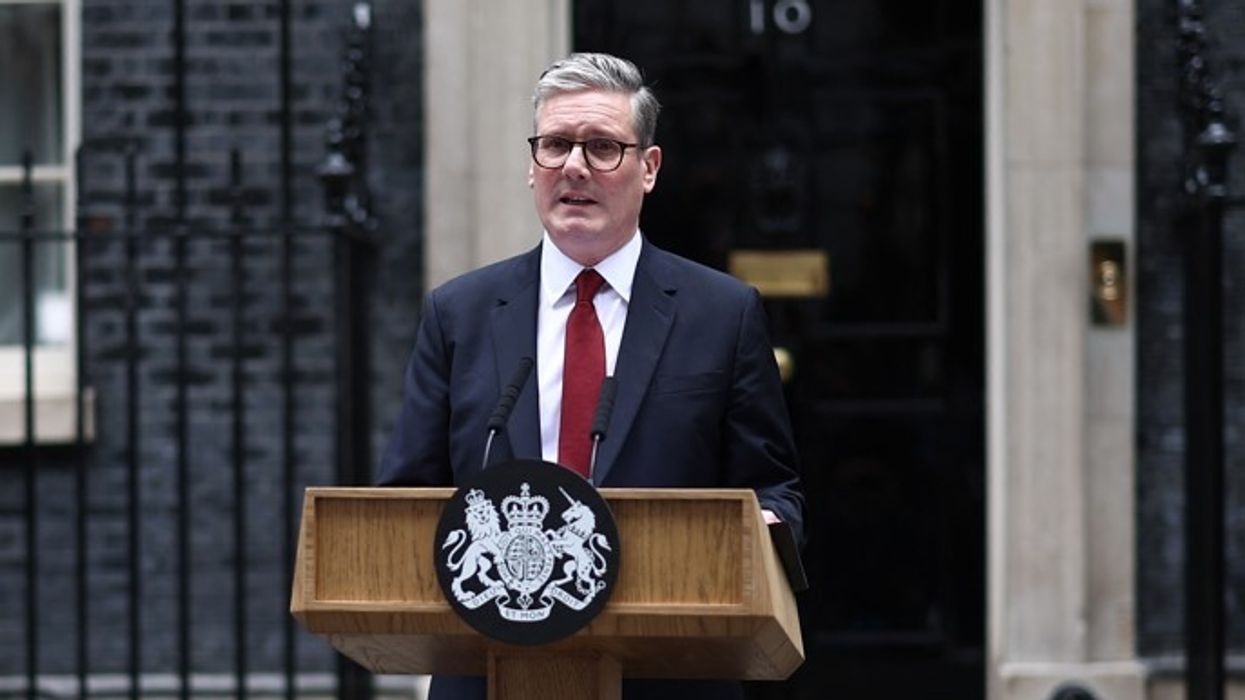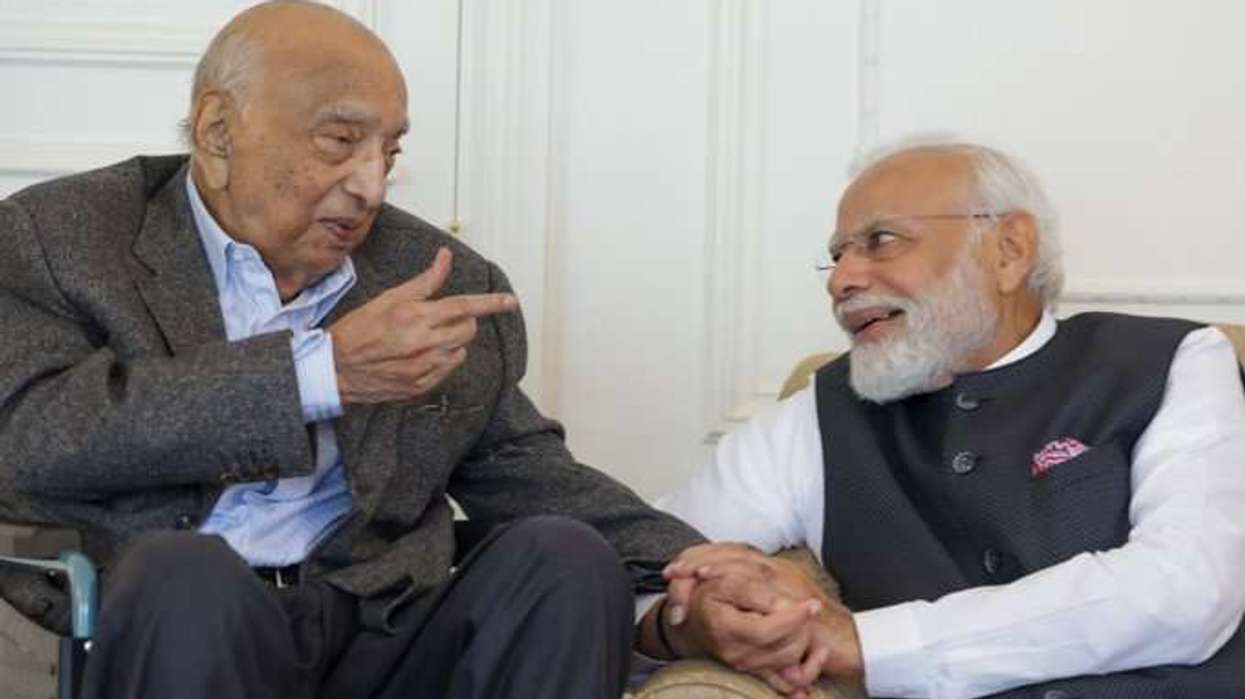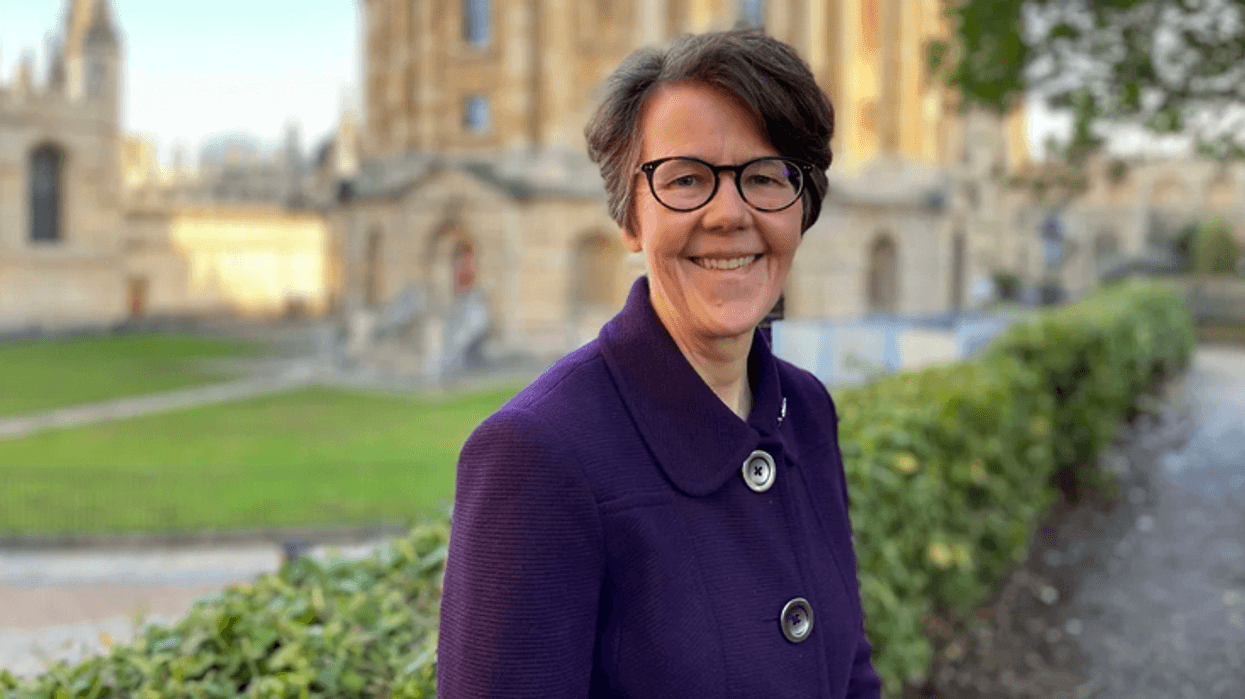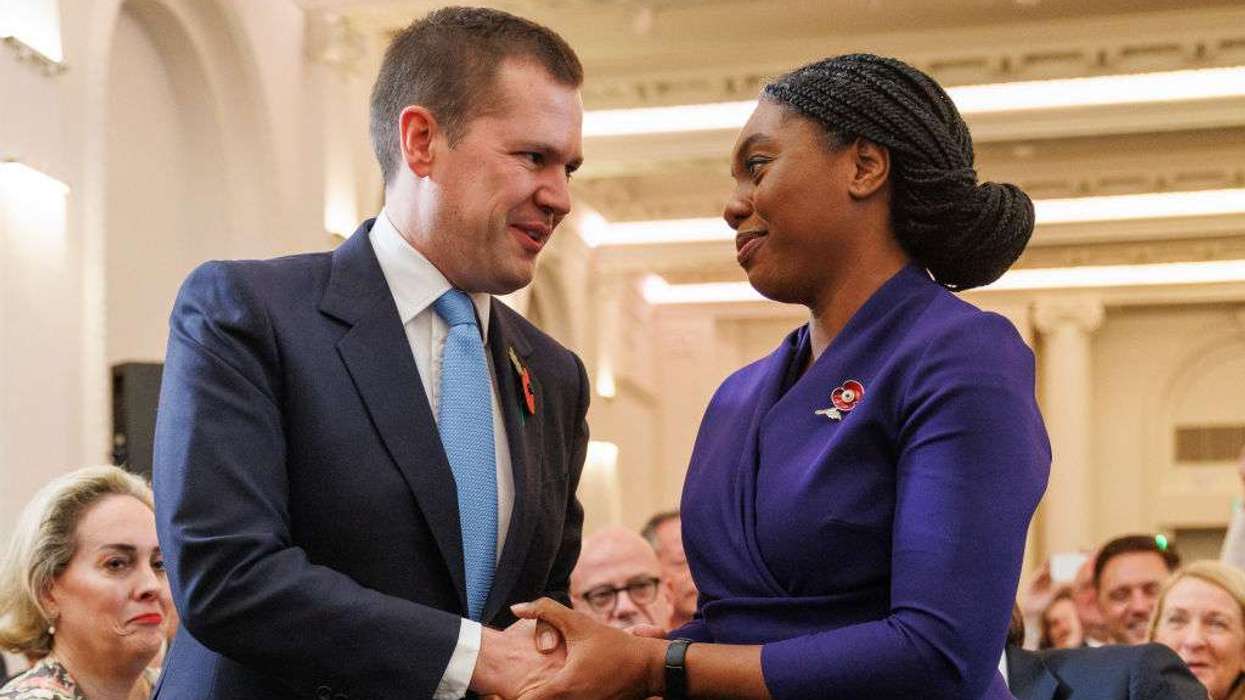PRIME MINISTER Keir Starmer is set to replace his principal private secretary Nin Pandit, who has held the role for ten months.
Pandit is the third senior aide to leave after chief of staff Sue Gray in October and director of communications Matthew Doyle in March.
Her appointment was announced in the same No 10 statement that confirmed Gray’s departure.
The BBC reports that the prime minister had concerns over Pandit’s performance, though No 10 disputes this and said he continues to have confidence in her.
It is expected she will move to another government role. No 10 confirmed she remains in post but did not say if her exit is imminent.
The principal private secretary is a key role in the civil service, acting as the prime minister’s gatekeeper and controlling the flow of information, diary, and access.
The PPS usually works alongside the chief of staff near the prime minister’s office.
Before taking up the role, Pandit headed the No 10 policy unit under Rishi Sunak and was previously chief of staff to the NHS England chief executive.





